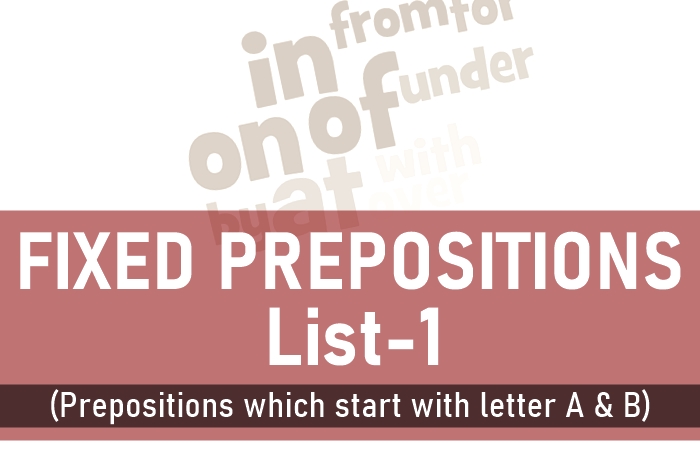Difference between CAN and BE ABLE TO
Category: English || Published on : 2020-08-01 11:19:13 || Author : TILS EDUCATION 2156

CAN and Be ABLE TO are those two usage that are interchangeable in whilst sentence framing. But there is little difference between them which makes sentences correct in order to make sense. In this article, we are going to learn the difference between CAN and BE ABLE TO.
CAN is a modal auxiliary verb in the English language. It is used to express the general ability or capacity of something or someone is present. 'Could' is used for the same purpose but in the past. Whereas
BE ABLE TO is not a modal auxiliary verb but as CAN and BE ABLE TO have same meaning and are interchangeable so many of us consider BE ABLE TO a modal auxiliary verb.
BE ABLE TO is used to express the ability of something or someone. As BE ABLE TO is an adjective that means to have power or skill of doing something. That is why we apply BE ABLE TO where we need to show the expression of ability in a very strong manner.
CAN is used only in the present and for past we may use sometimes COULD but BE ABLE TO is used in any tense. It is not bound with Past, Present or Future.
The Sentence framing of CAN is mentioned below: -
Subject + CAN + Main Verb
Let’s see some examples of CAN: -
• I can drive a car on highways. (Present)
• Can you give the glass of water? (Present)
• She can’t help you in your homework. (Present)
With modal auxiliary verb CAN the main verb always comes in its infinitive form or in its first form.
The Sentence framing of BE ABLE TO is mentioned below: -
Subject + BE + ABLE + TO + Main Verb
Let’s see some examples of BE ABLE TO: -
• I am able to study for hours without a break. (Present)
• You will be able to speak this language very soon. (Future)
• She was able to dance on various forms. (Past)
In the use of BE ABLE TO, BE is the helping verb that gets changed as per the tense and subject of the sentence.
When in a single sentence you have to express the sense of ability and inability you can not use CAN there. Because CAN and its negative form CAN’T show disability of a person not inability. Let’s see some examples: -
• I can control my anger but when I get angry, I am not able to control it.
• She can manage her food habits but she is not able to control on her eating habits.
So, in this article w learnt to differentiate between CAN and BE ABLE TO. Hopefully it will help you in making a correct use of CAN and BE ABLE TO.




